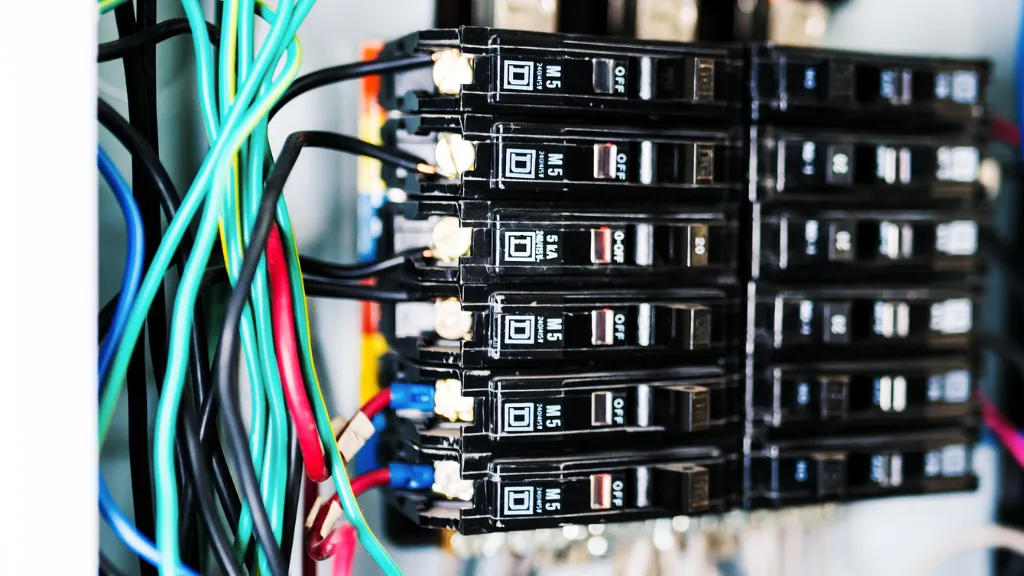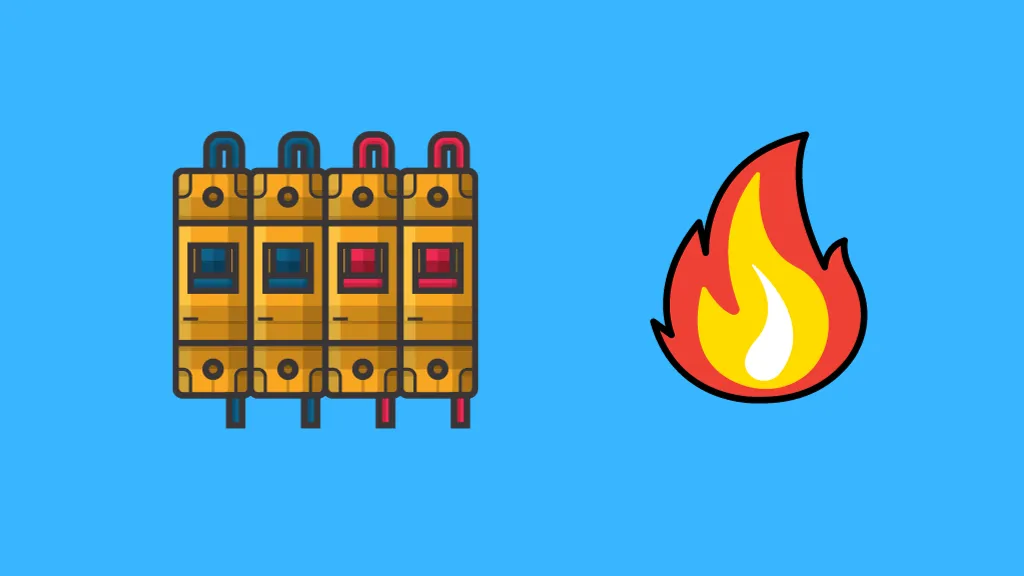Can I Install a Circuit Breaker Myself?
In today’s digital age, where information flows freely at our fingertips, it’s tempting to believe that we can tackle any task, from cooking gourmet meals to DIY home repairs. One common question that often arises is, “Can I install a circuit breaker myself?” It’s an important query, as electrical work can be complex and potentially hazardous.
The answer, in short, is no. Read on to find out why it’s not recommended and the best ways to go about your circuit breaker safely and correctly.
Understanding Circuit Breakers
A circuit breaker is an important component of your home’s electrical system. It acts as a switch that can be manually operated to shut off the power in an electrical circuit or automatically trips. It shuts off power when it senses an overload or short circuit. Circuit breakers are designed to protect your home from fires caused by overloaded circuits, so they must work properly.

Installing a circuit breaker is not a task for the inexperienced homeowner. It requires skill and knowledge of electrical work, as well as attention to detail regarding safety protocols. Even if you have some basic knowledge about electricity, you should always leave this kind of work to an experienced professional electrician.
The Importance of Professionalism
Regarding electrical work, safety should always be the top priority. Electrical systems are intricate, and a small mistake can lead to disastrous consequences. Therefore, we strongly recommend hiring a qualified electrician for circuit breaker installation or electrical work. Here are a few compelling reasons why:
Safety First
Electrical work poses significant risks, including electrical shock, fire hazards, and property damage. Professional electricians are trained to mitigate these risks, ensuring the safety of your home and loved ones.
Compliance with Regulations
Electrical installations must adhere to strict regulations and codes to ensure they are safe and up to standard. Electricians are well-versed in these codes and will ensure that your installation is compliant.
Experience and Expertise
Qualified electricians have years of training and hands-on experience. They can accurately diagnose issues, provide solutions, and complete installations efficiently.
Cost-Effective Solutions
Professional electricians possess the knowledge to identify cost-effective solutions for your electrical needs. They can recommend energy-efficient appliances and systems, ultimately saving you money on your utility bills over time.
Avoiding DIY Mistakes
Even if you consider yourself handy, electrical work can be deceivingly complex. Hiring an electrician helps you avoid common DIY mistakes that could end up costing you more in repairs or replacements down the line. A professional gets it right the first time, ensuring your electrical system functions optimally and safely.
DIY Circuit Breaker Installation: The Risks
Now, let’s explore the potential risks associated with attempting a DIY circuit breaker installation:
- Electrical Shock: Working on a live electrical circuit breaker without the necessary knowledge and precautions can result in severe electric shocks, which can be fatal.
- Fire Hazard: Incorrect circuit wiring or overloading can lead to electrical fires. Electricians are trained to prevent such hazards.

- Voiding Insurance: Some insurance policies may become void if a licensed professional does not perform electrical work. This could leave you financially vulnerable in case of accidents.
- Inefficient Installation: Improperly installed circuit breakers can lead to frequent tripping, disrupting your daily activities and causing inconvenience.
- Code Violations: Electrical work must adhere to local and national electrical codes and regulations. DIY installations will likely violate these codes, potentially resulting in legal consequences or fines.
- Reduced Home Resale Value: Improper electrical work, including DIY installations, can reduce the resale value of your home. Prospective buyers often request professional inspections, and any substandard work may deter them or lead to negotiations for a lower selling price.
- Warranty Voidance: Many electrical appliances and systems come with warranties. DIY installations that cause damage or malfunctions may void these warranties, leaving you responsible for costly repairs or replacements.
While the allure of DIY projects can be tempting, it’s crucial to recognize the risks associated with electrical work. These risks extend beyond immediate safety concerns and can have long-term financial and legal implications. Hiring a qualified electrician remains the safest choice for circuit breaker installation and electrical work.
Choose Safety, Choose a Professional Electrician
In conclusion, when contemplating installing a circuit breaker yourself, it is paramount to approach this decision carefully. With all its intricacies, electrical work presents a landscape fraught with potential risks and hazards. To ensure the safety and well-being of your home, your loved ones, and yourself, there is no substitute for the expertise and experience of a qualified electrician.
In the end, the choice is clear: when it comes to electrical work, opt for the safest and most responsible course of action by hiring a professional electrician. They bring technical expertise and a commitment to ensuring your electrical systems function flawlessly and securely. Your home’s safety and your family’s well-being should always be the top priorities, and a qualified electrician is your trusted partner in achieving these goals.
